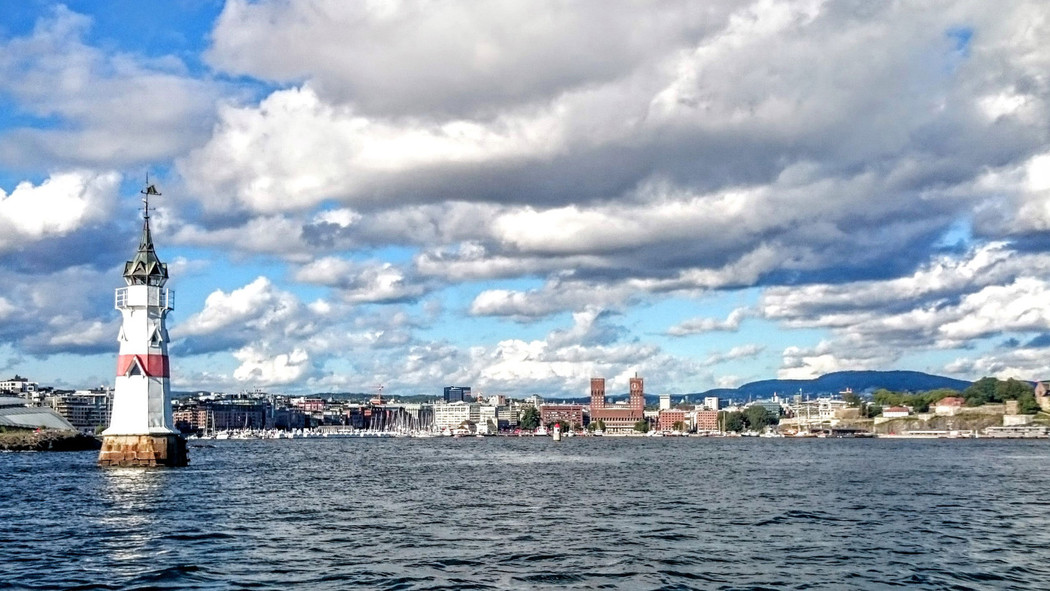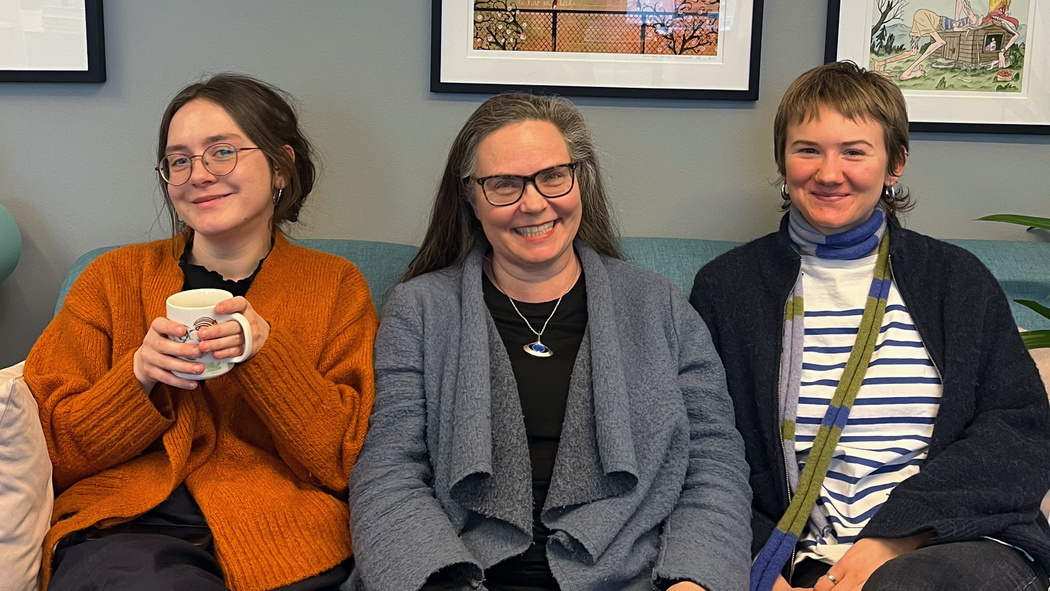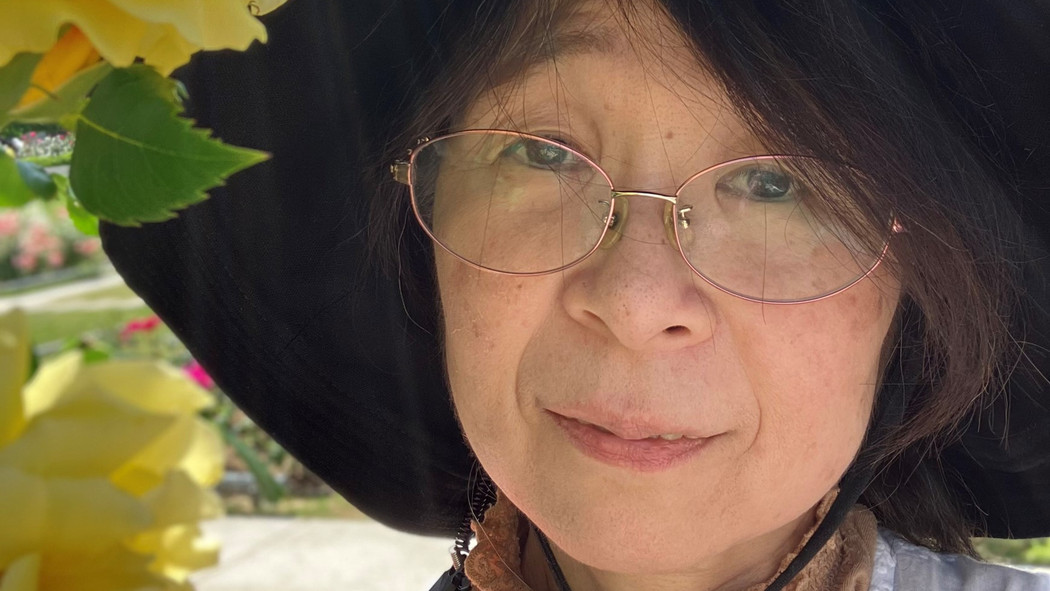Why I translate Fosse: Éva Dobos
When Jon Fosse’s Hungarian translator Éva Dobos is in the Fosse bubble, few things can get her out of it. Here, she shares her first meeting with his literature, and how she had to fight to have Fosse published in Hungarian.
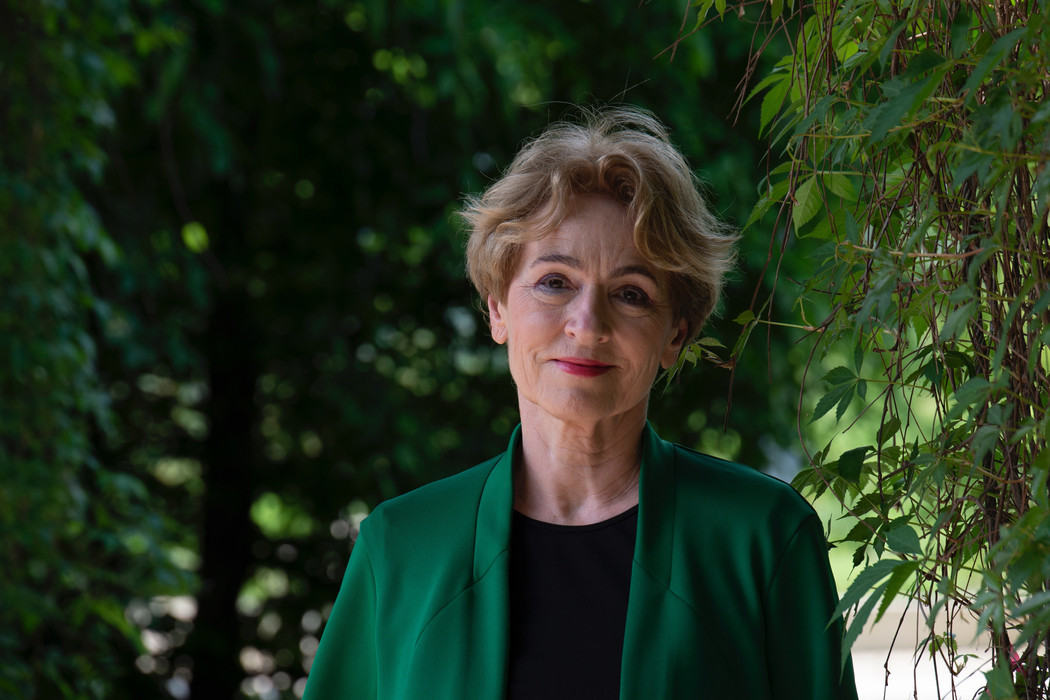
This spring, Éva was awarded the Hungarian Baumgarten Prize 2024 for her translations of contemporary Norwegian literature, especially Jon Fosse’s prose. The prize was established by the author and literary critic Ferdinand Baumgarten in 1923 and first awarded in 1929. Since 2019, the prize has gained a significant position in literary Hungary, both because it is founded on the historic prize from before 1949 and for its independence from the state.
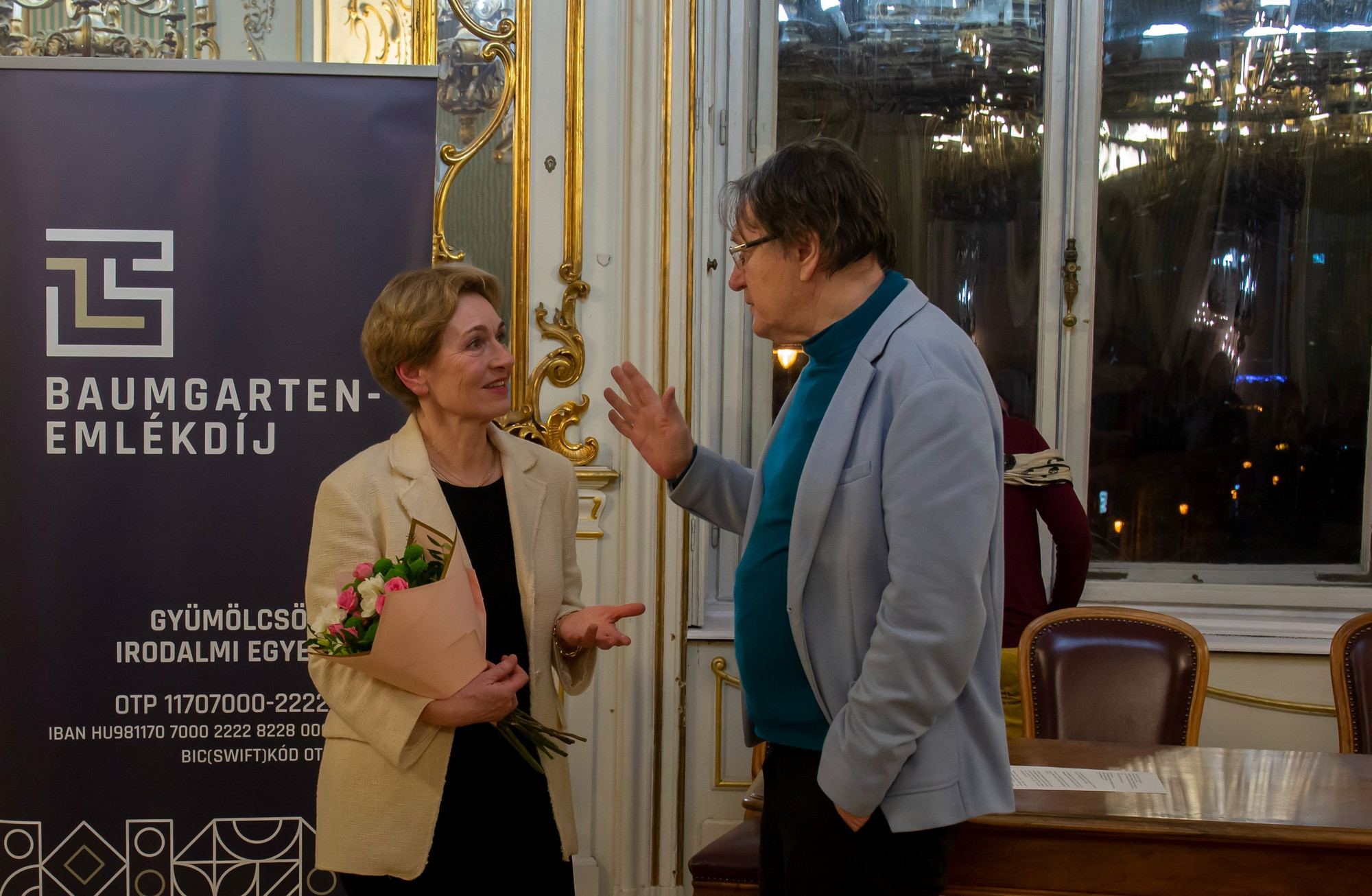
During the Norwegian Festival of Literature in Lillehammer in May, Éva led a very well-attended event in Søndre Park: Translator’s Hour, an exciting discussion and exchange of experiences between four colleagues who all translate Jon Fosse’s works into other languages.
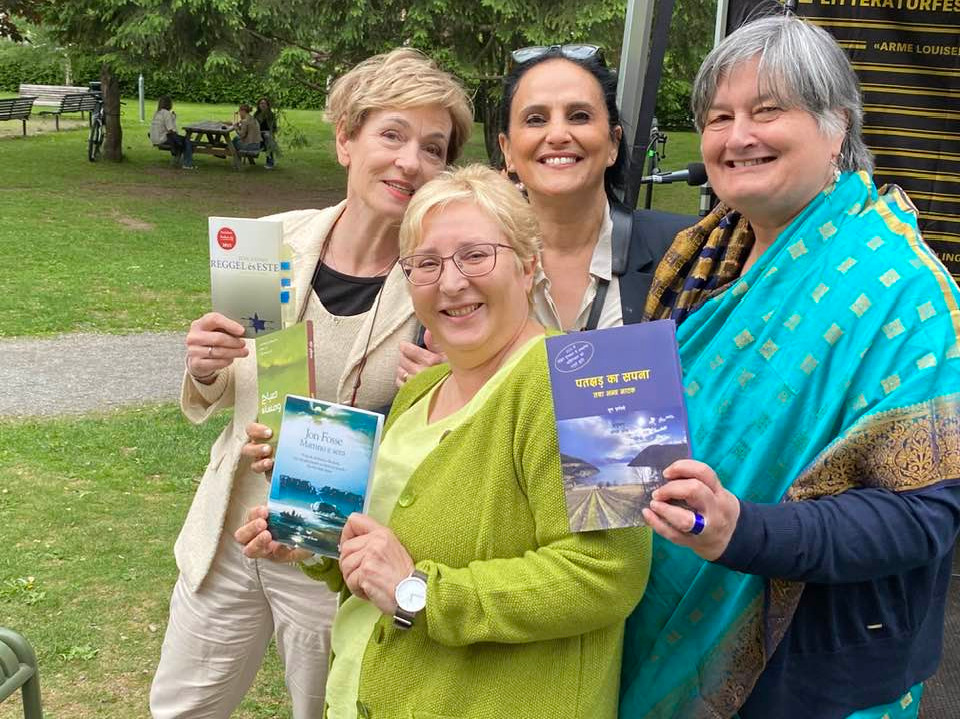
How did you become interested in the Norwegian language?
My interest in the Norwegian language was awakened by a meeting with a Norwegian student while I was studying chemistry at the University of Bratislava. Eventually, the Norwegian student became my husband, I moved to Norway and nothing was more natural than learning Norwegian. My father was an author and a publisher and my mother a language teacher, and personally I’ve translated texts between Slovak and Hungarian since I went to secondary school. So it was on the cards that I would keep working with language and books after moving to Norway.
Where were you when you found out that Jon Fosse was awarded the Nobel Prize in Literature 2023?
On Thursday October 6 I was sitting with my husband in the café Bambi in Budapest, about to enjoy my first espresso of the day. Seconds later I received an SMS from my Norwegian editor asking me if I was going to Stockholm. I answered with a couple of question marks, but then, five minutes later, it all exploded – celebratory messages poured in, and I was called by a number of Hungarian journalists who wanted to talk with me about Jon Fosse. This euphoria was part of a greater national Hungarian pride in two other Nobel Prizes, in chemistry and in physics.
How was your first meeting with a text written by Jon Fosse?
I was familiar with Jon Fosse’s plays, not least because Someone is Going to Come had its first international premiere in a small theatre in Dunaújváros, Hungary. This was before Claude Règy started producing his plays in Paris. But my first real meeting with a Fosse text was in May 2015, when Wakefulness was published as part of the Trilogy. I was fascinated by the book, and I started translating it before I had any idea that anybody would want to publish it. That’s when I met Jon Fosse – I asked him about his unusual use of comma, which I didn’t understand and was struggling with. After he explained the musicality and the rhythm of the text, then translation fell into place. Then I convinced the publishing house Kalligram to publish the book. A prerequisite was to obtain funding, as no one thought this unknown Norwegian author would sell many books. Thanks to NORLA, both Wakefulness and the other novels were published.
Why do you translate Fosse?
I don’t think I’ll ever grow tired of neither reading nor translating Jon Fosse. When I translate, I enter a Fosse mode, a kind of bubble, where I flourish. There and then, I have no interest in doing anything else. It’s an instinct of sorts, I’ve found a language, which is Jon Fosse’s Hungarian language. Of course, The Nobel Prize has set the wheels of his success further in motion, his books are being read with great interest, and now I’m getting a lot of inquiries and invitations to conversations, interviews, and so forth. It’s actually really nice – or “kjekt”, to use Fosse’s own Nynorsk word.What’s the greatest challenge translating Fosse?
Obviously, the challenge is his minimalist, compact style. He manages to build a dramatic situation with his repetitions and unique punctuation. I often have to find my own solutions and adjust the text to the Hungarian way of expression, cut some «and»-s, for instance – in short, do my best, although something is lost in translation. But I always make sure to keep the musicality and the rhythm.
Do you have a Fosse favorite?
My great favourite is Morning and Evening, translating that little treasure of a book was a wonderful experience. I’ll continue with the Septology for a while now, and I’m counting on it to be my new favourite. But I’m really fond of the Trilogy as well, it’s both a compelling crime story and a beautiful love story. And I recently read his debut novel Red, Black, and I think it’s a truly fun book. I kind of want to translate that one as well.
What’s your fondest memory as a translator?
Some of the best memories are the personal meetings with Jon Fosse, and our mail exchanges. He always answers my questions swiftly and precisely, and he usually gives me the green light – “translate as well as you can”, he writes. He’s translated a number of books for the publishing house Skald himself, and he understands the literary struggles of a translator, the choices we have to make and the consequences of those choices.
What question should we have asked you?
I would like to commend NORLA’s effort for Norwegian literature in general, but especially towards countries that wouldn’t be able to publish Norwegian books without their funding, such as Fosse’s books 15 years ago. NORLAs funding is unique, in the Nordics as well, and they cover an important need. I’d like to applaud that, both personally and on behalf of the publishing house.
Read more
More about Éva Dobos on Books from Norway
See all the interviews in the series here
Read more about Jon Fosse here
